SOPK Chairman Peter Mihók: We must not wait for change, it will be better to provoke it (coronavirus II)
It's been six long weeks since my coronavirus article - both waiting and searching. Waiting for what will happen next when it all ends. Searching for successful but also unsuccessful solutions to the situation in the field of health and protection of human life, but also the health and future of the economy, which will have to provide resources for the convalescence of society now and after the end of the pandemic. During this period, the disease spread virtually the entire European continent, spread significantly dynamically to the North American subcontinent, and reached a truly global dimension with a high risk of affecting Africa and other countries in Southeast Asia. This is also a form of globalization, but we cannot defend ourselves globally. During this period, the harsh truth emerged that transnational groupings, whether of an integrative, political or economic nature, were unable to deal effectively with crisis situations in addition to pathetic challenges. We suddenly feel that there are too many of them, but the real solutions remain with the individual, the family, the company and the state.
From this simple reasoning, but pragmatically based on the reality of today, one important conclusion emerges, and that is the need for change. Finally, all similar historical events triggered a subsequent change. This change was at the level of individuals and was always reflected in a change of mentality, which even today is manifested mainly by fear of something from which, from today's point of view, there is no escape. A change in individual as well as collective behavior must lead to the abandonment of a way of life that does not think about the future. We pay a huge tax for elevating boundless consumption to a deity to which we are willing not only to worship but also to submit. By our way of life, we deprive our descendants of their future. We must not expect change to come on its own, which will happen anyway. We must not only prepare for change, but even more so, the wisest will bring it about. However, the resulting change is mainly a response to irreversible signals of social and political life, as well as a change in the paradigm of economic processes.
But we must begin change on our own, by reassessing our personal priorities, our relationship with our surroundings and family, the environment or our own country. The country, rightly so - we perceive the state, when we are well, negatively rather than positively. Many shout that the state should be minimalist, especially in terms of economic development and social processes. However, we suddenly discover the state as the only savior in the event of a breach of standard conditions, and this situation is also represented by the current pandemic. We immediately demand that the state assume its responsibilities for all of us, no matter where it finds the resources. As something imaginary, the state can go into debt, eventually go bankrupt without bothering anyone. However, the state is not something imaginary at all. At one time, the famous French monarch Louis XIV said the winged phrase "The state is me." During the Enlightenment, this statement was transformed into a civic form, with every citizen, including the "citizen of the king" being a state. When everyone, me, you, and everyone else realizes that "the state is me," they are going through a big change in their own thinking, because something that has been imaginary so far is very personal and affects each of us. Because then I owe it not to the state, but to myself, I rob myself and deceive myself. Then I also perceive civil liberties not as something that only serves me regardless of others, but as a tool of my own responsibility and creativity and better behavior of society. Therefore, let us adopt the thesis "I am the state" in our own lives and apply it in both good and bad times. If we manage this, we will make a huge change that will have an impact not only on ourselves, but also in the wider social, political and economic context.
Helping businesses in this more than difficult situation is also a popular topic these days. We are re-developing a poorly defined process. This is about helping society as a whole, not individual companies, because, and we must all be aware of this, economic activities in a market economy, represented mainly by the private sector, are the only source of material and financial resources for all other areas of life. Without these resources, there will be no funding for health, education, social affairs, culture, science and research, or foreign policy. Today's support for economic activities finances not only the current survival, but also the dignified life of the whole society in the future. This is another area of inevitable change in our thinking. At the same time, however, the private sector as a whole must show greater social responsibility in bad times, but especially in good times.
The change brought about by the current pandemic will certainly find expression in the change in economic structure. In such situations, many companies and trades disappear. Many business icons are losing their glory both nationally and globally, and are being replaced by new players, with new successful projects that are changing the economic structure of the country or the global economy. This also fully applies to Slovakia. Even the current face of our economy is unable to respond to the world's scientific and industrial challenges. Nor can we have the ambition to maintain the current structure of the economy in the future. So our post-virus restart must also be a start to changing the structure of the economy with a clearly defined ambition to develop our competitiveness, whether within the EU or in global relations. If we do not make this change now, then it will be too late. In addition, we have a great chance to define our own direction and our future lives, realizing that "the state is me."
Only the plague and the associated global pandemic, which lasted more than two centuries, are comparable to the current pandemic. The main change was the transition from the Middle Ages to the Renaissance and then to the Enlightenment. This meant a huge rebirth of individuals, communities and countries. What it will mean for all of us is the current COVID-19. Fortunately, the previous period can in no way be compared to the Middle Ages. We have a generally recognized period of growth and also an improvement in living standards. At the same time, however, we have a period of globalization without rules, a period of social polarization to a very narrow class of the super rich and the others, a period of gradual liquidation of the middle classes. It was also a period of degradation of interpersonal relationships or value categories. The growth of the individual wealth of several individuals far exceeds the available resources of several countries, and the large concentration of capital liquidates the system that created it. The market economy has gradually changed into an economy of monopolies controlling key areas of economic activity in the world.
These are the areas that need to change. If we can design it in this way, the hot coronavirus pill will also have its positive side. If not, we will move even closer to the necessary social and economic collapse. I have always admired the Renaissance, because it brought a tremendous development of spiritual, scientific and artistic values and thus prepared the beginning for a new understanding of the world. I believe that we still have such a renaissance today, we just need to grasp it correctly and realize that "the state is me".
Peter Mihók
President SOPK
Peter Mihók
President SOPK
Source: Slovak Chamber of Commerce and Industry, 4/29/2020
http://web.sopk.sk/view.php?cisloclanku=2020042901








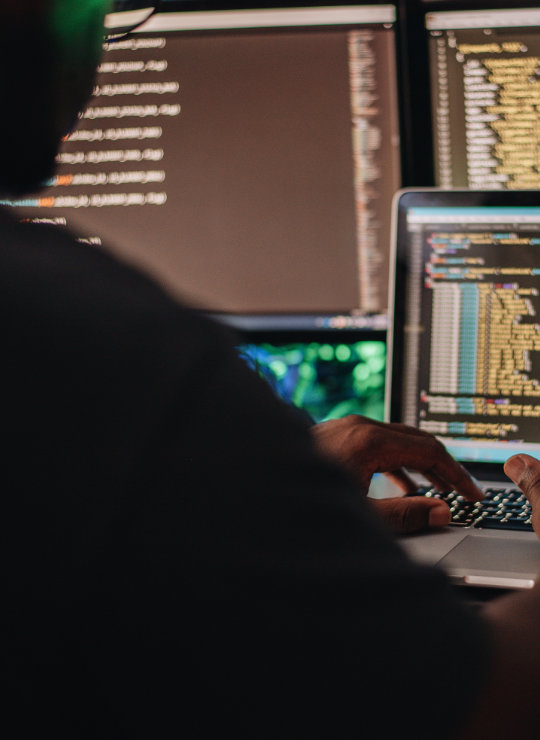


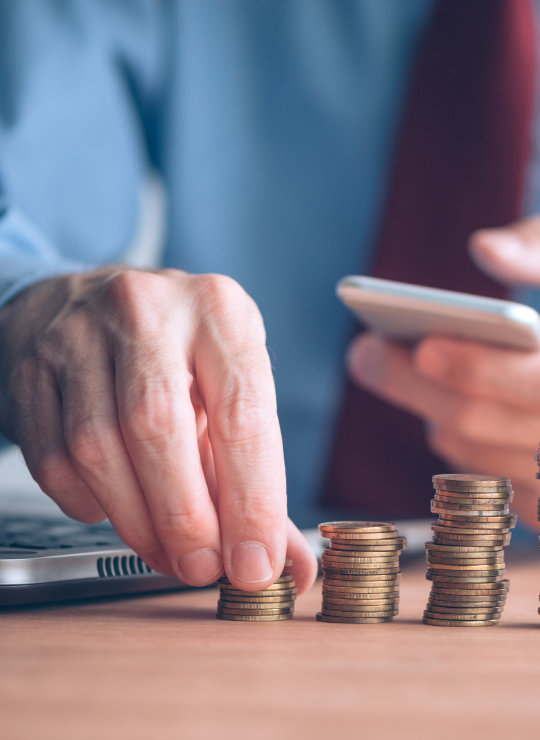

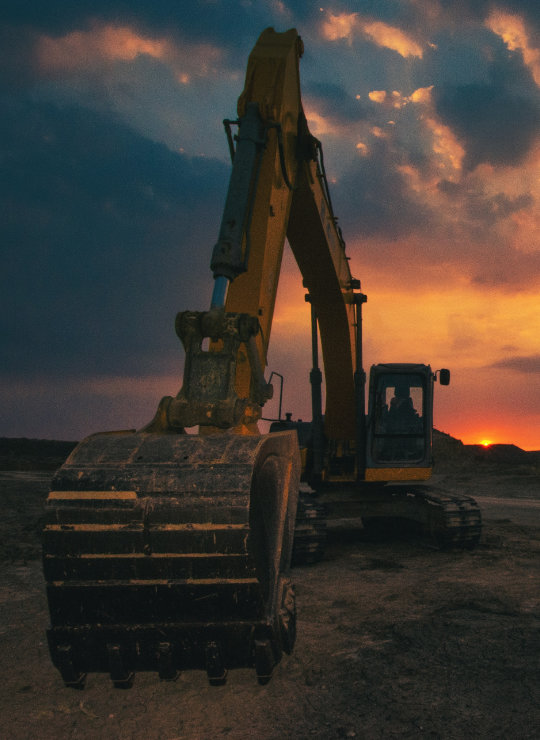
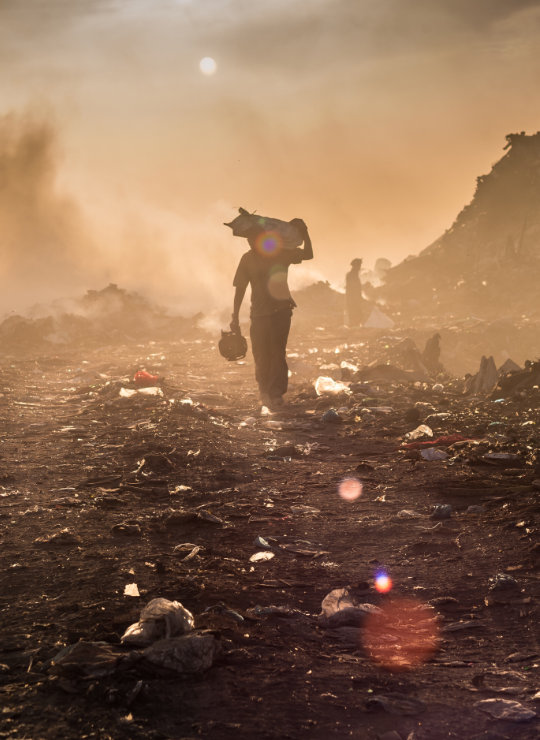






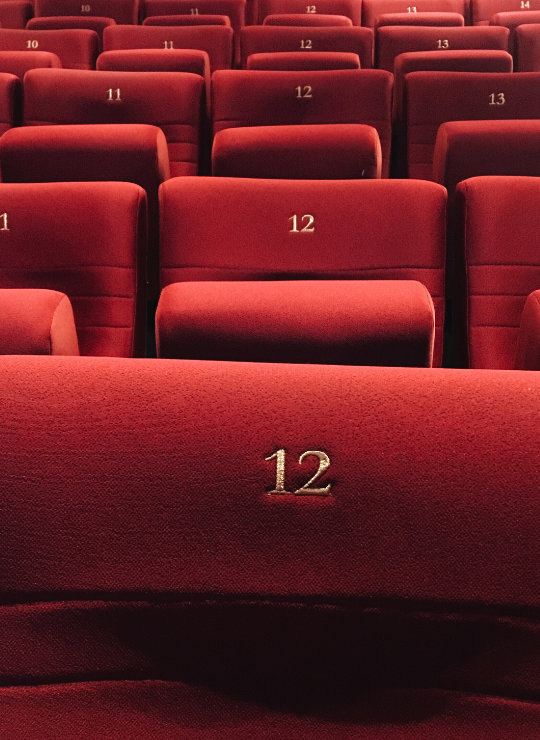


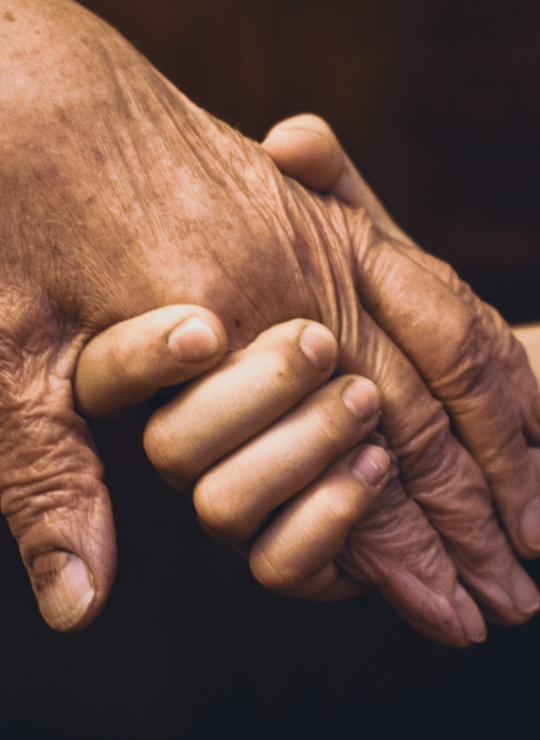
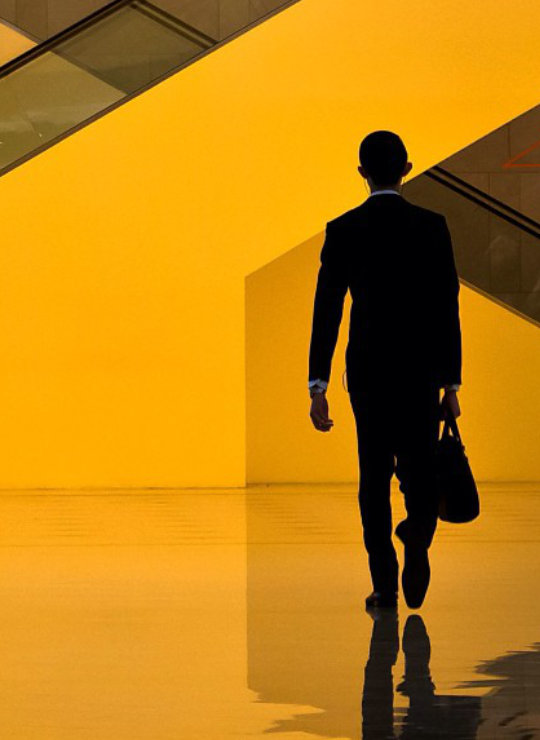

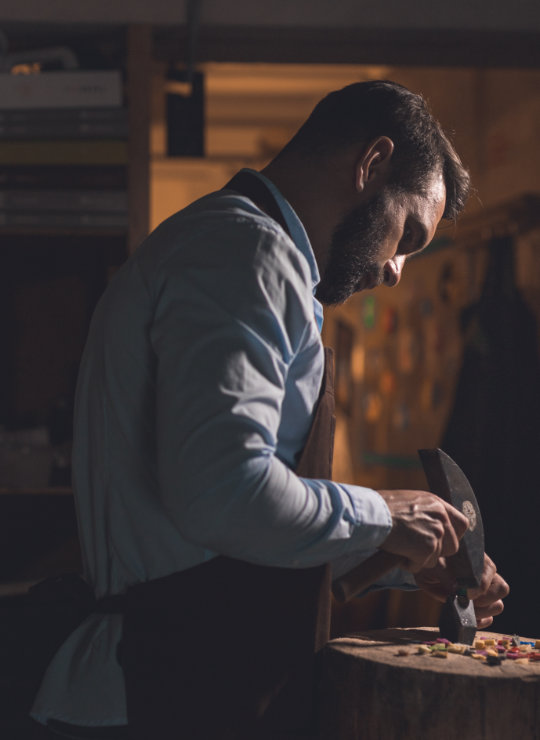

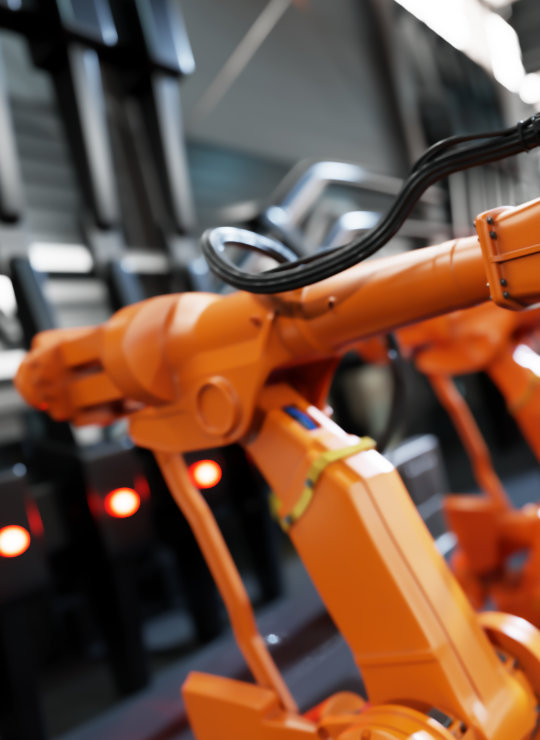

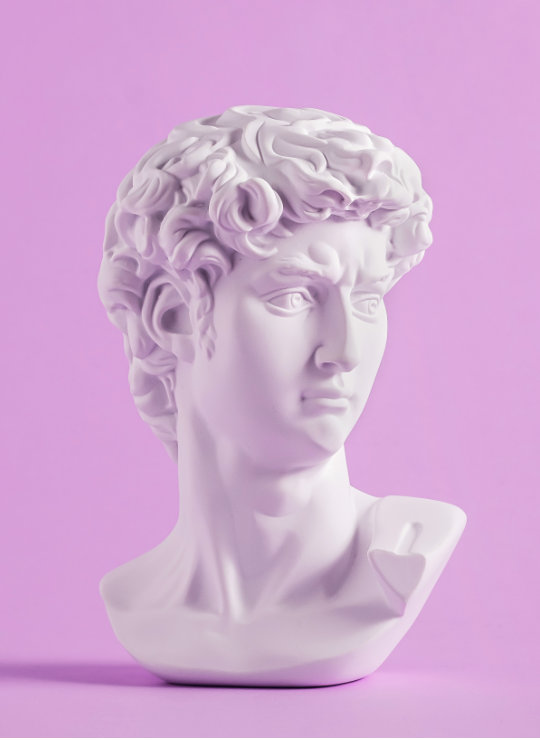

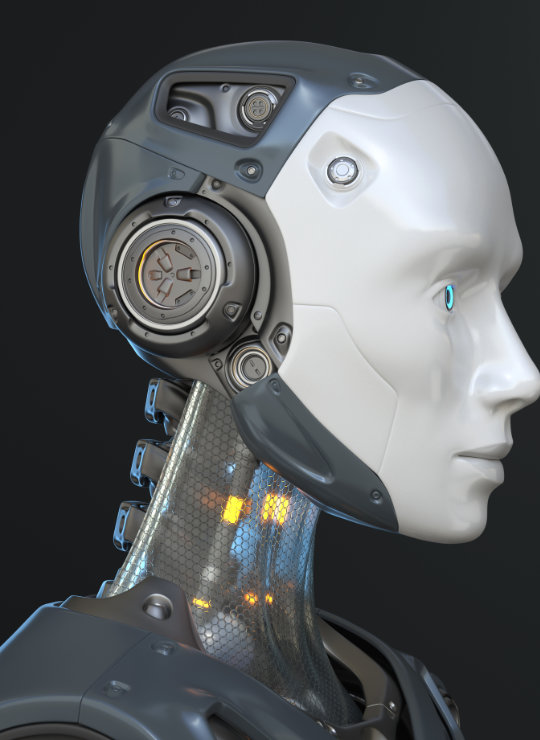





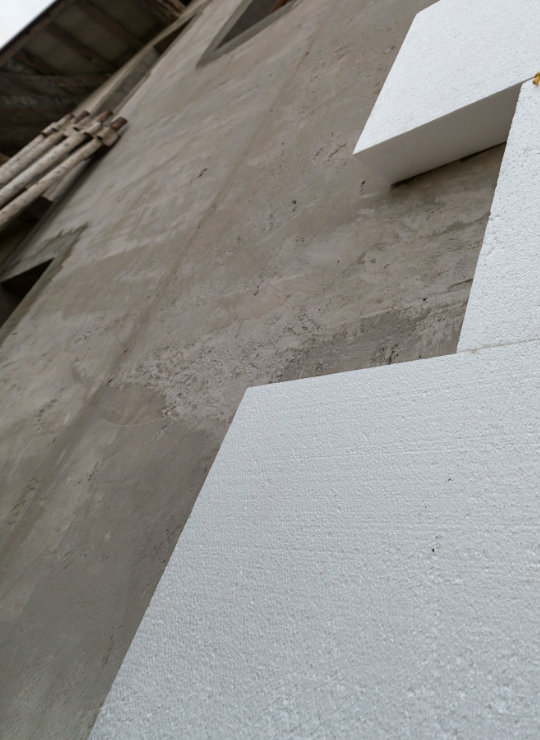


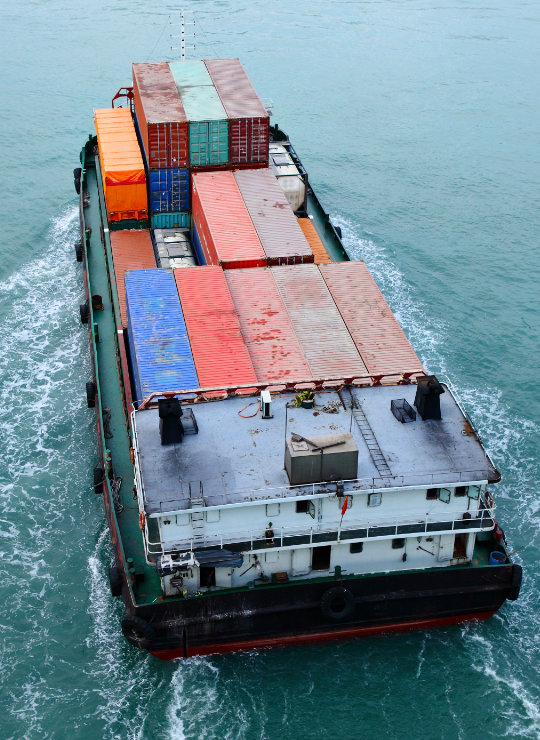






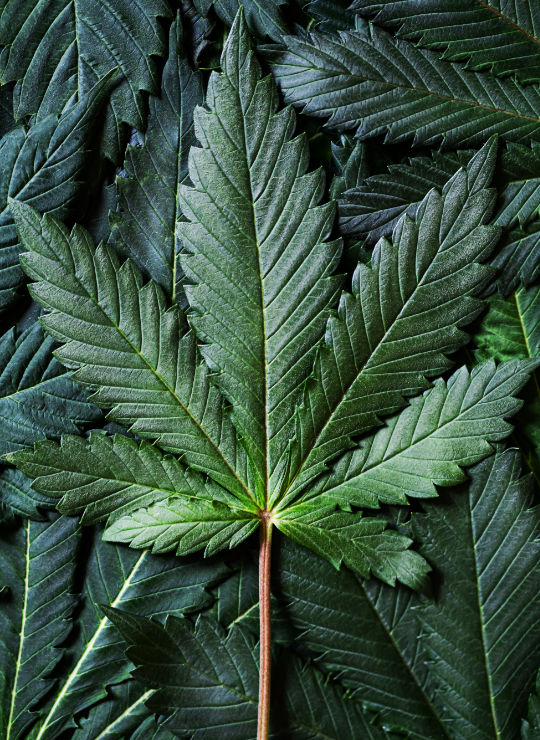




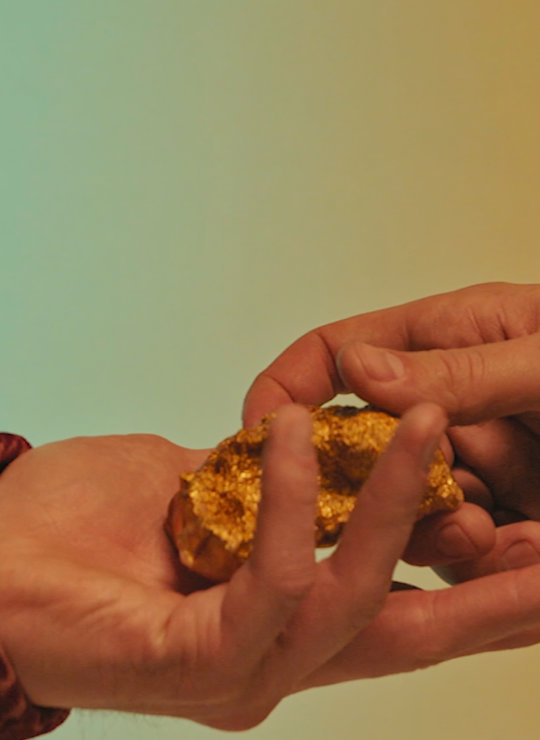



.jpg)